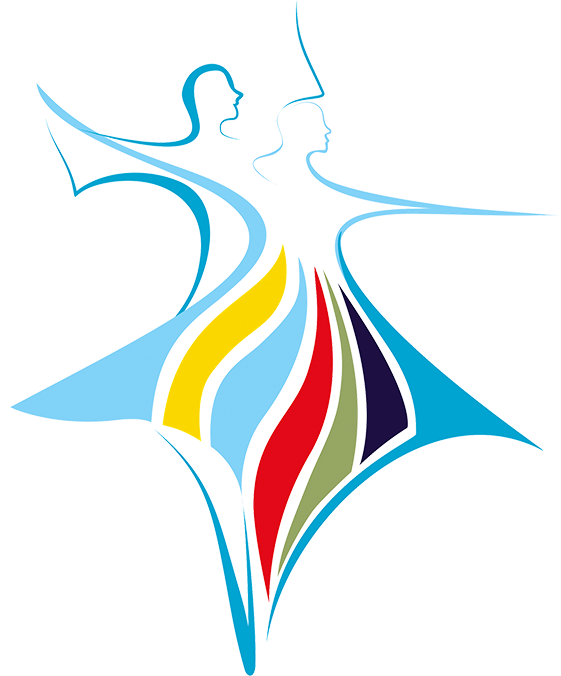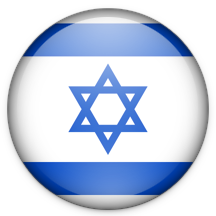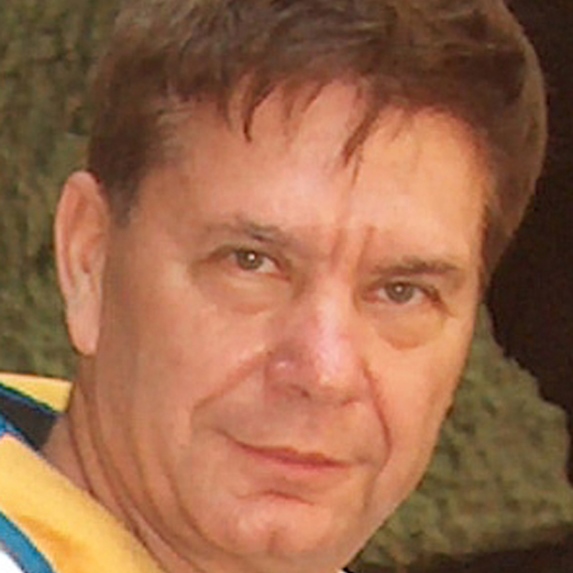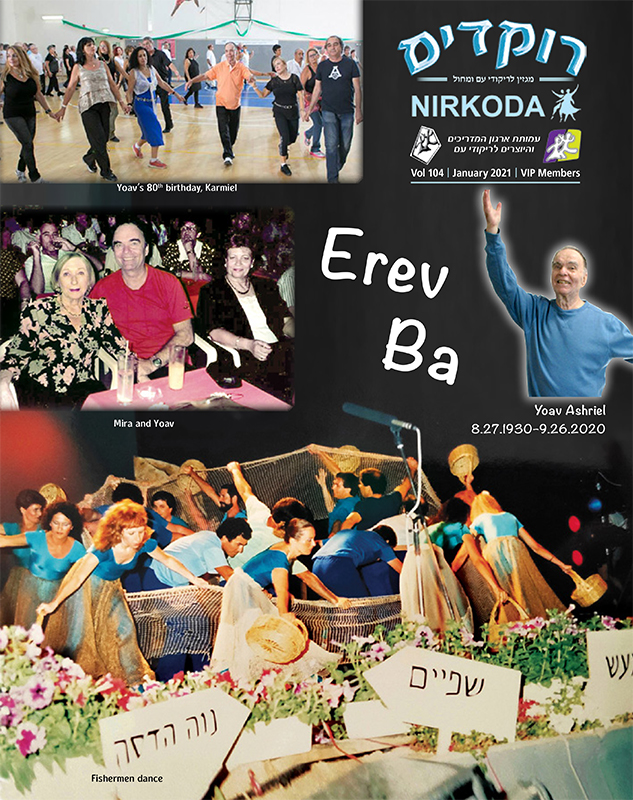- Home
- Rokdim Nirkoda 105
- Trailblazer, Leader And Innovator
Yoav Ashriel was, in my view, an educator, mentor, creator and a man of culture, a devoted family man, a friend and especially, a good soul.
He was always a pioneer, a leader and innovator, the first to incorporate line and international folk dances and tried to find new additions and directions for Israeli folk dance. Beyond being a choreographer of folk dances, Yoav knew how to identify and nurture young talent, give them a stage and help them advance using his vast experience in building a dance and its presentation.
At the beginning of my career as dance instructor, I bought a Sony tape recorder; when I saw that Yoav also used the same device, I was so proud. I know that Yoav did not part with the tape recordings and used them for many years after we all went digital, almost until he stopped leading dance sessions.
I remember the hishtalmyot (workshops for instructors) at “Bikurei Ha’Itim” in Tel Aviv, in the small, crowded hall that was filled to capacity. A Saturday that was a was a total celebration. Beyond meeting the dance instructors, my colleagues, we always had an expectation of something new and unusual; indeed, we received abundant innovations.
We also waited for breaks to grab “burekas” and cola and have a throrough discussion about the new dance we had just learned. Yoav had the ability to hold the “impatient” crowd of dance instructors, almost to the end without anyone leaving.
The arguments with Mira were also part of the experience. Although she “wore the pants”, Yoav knew how to aim where he wanted with humor. In the end, everything stayed in the family.
The talent and ability to innovate and skip over the barriers of other institutions has opened a door for new creators and instructors who were fortunate to develop and become famous under Yoav‘s guidance.
Yoav allowed every instructor to present something innovative while preserving the good old material. The real test was the survival of the new dances that were introduced.
He was the first, or at least among the first, who introduced innovations that today look like old nostalgia. Things like dancing without an accordionist and using recorded music, combining international folk dances and line dances in a harkada, holding private harkadot for a fee and incorporating guest instructors in the dance marathons he ran. Yoav became a symbol and a role model.
I first met Yoav at the harkada near the Fire House in Tel Aviv. I was still dreaming of being an “astronaut” and leading dancing for him in a marathon seemed even more farfetched than reaching the moon …
The minutes when I had the opportunity to lead dancing in Yoav‘s and Mira‘s marathon at Wingate, were exciting and were considered by me the pinnacle of respect and professional recognition at the time. Even if I was scheduled to lead the dancing at 5:00 am, I waited anxiously for it and of course, I argued over every dance that seemed to me to be important to hold the audience at that hour. A significant portion of the time was devoted to distributing flyers in the cars parked outside, where I advertised my upcoming marathon. It was clear that advertising at Wingate would carry the publicity to all dancers in the country. To win Yoav’s announcement about the marathon I would be holding was an almost impossible task because the competition among the dance leaders to win was great.
I remember winning when Yoav whispered in my ear how many minutes were left before the move from circle to couple dances, so I could “get prepared” in time. I felt that it was a secret kept only for Yoav‘s close associates.
Generally speaking, receiving a good word from Mira was like getting a signature on a contract before the final agreement; that was Yoav‘s responsibility. The expectation to see the sunrise at a marathon was the domain of “those dancers who persevered the longest”, and I was part of that group. The integration of the special couples section and the Balkan dances from Yoav’s dance class graduates was also a challenge worth the effort.
I remember the excitement that surrounded me when I arrived at the harkada on Saturday night at the University of Haifa; in in my bag was a new dance that had been taught several hours earlier in Shefayim, at a seminar under the guidance and direction of Yoav and Mira and with the assistance of the rest of the family. Being the first in the Haifa area to teach a dance from Yoav‘s hishtalmut (especially since the dance was taught that day) brought invaluable pride.
I would have easily missed a day of study for it in the university, as Yoav‘s hishtalmuyot were sacred and became an institution. I participated in all of them. An instruction booklet, a recorded reel and later an invaluable cassette tape were assets. In those pre-“ROKDIM” days, the recording champion was Shaulik Rosenfeld, who received permission from Yoav to sell reels at the session.
Yoav knew how to encourage, assist, support, listen and give good advice. As a leader who was confident in himself, he was not afraid of cultivating good people around him. Yoav knew how to direct and encourage and enable people to get the best out of themselves.
I was privileged to work alongside him in creating the harkadot program at the Karmiel Dance Festival. Even then, the innovation, the expansion of dance themes, enrichment, a nostalgia corner, dancing with the choreographer, expanding the dance centers, a ballroom dance corner and more. All these were his initiatives and became an organic part of the infrastructure of the Karmiel Dance Festival.
At the time, Yoav entrusted me with the management of the ballroom dance stage that was then located in the city center. The excitement and devotion to the mission was above and beyond. At midnight, after the neighbors complained, a policeman arrived demanding us to stop because of the noise. I contacted headquarters and received permission to continue. It did not help; I was forced to spend the rest of the night at the Karmiel Police Station. I could not disappoint the community and Yoav.
Yoav, you were blessed for having such a loving and supportive family, for raising and nurturing generations of dancers and instructors, and I thank you for the privilege given me to get to know you closely and to “pour water on your hands” [to have been your devout student]. You will forever remain in our hearts.









Comments
התראות